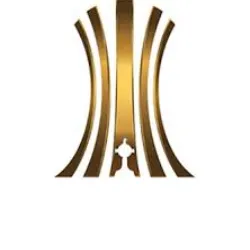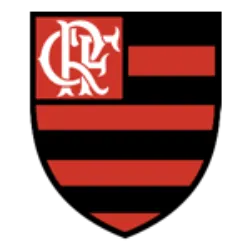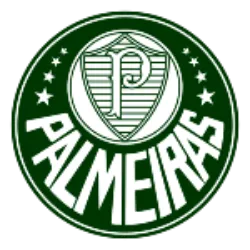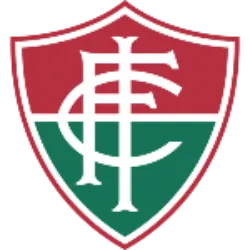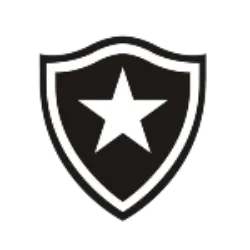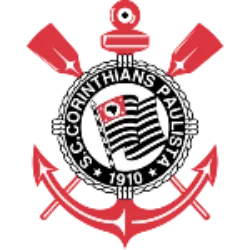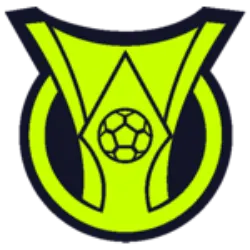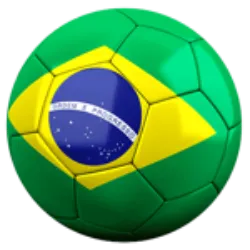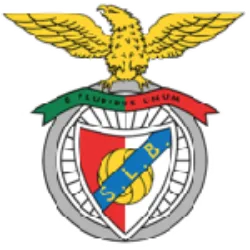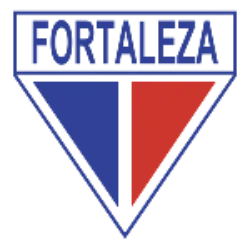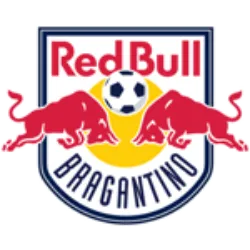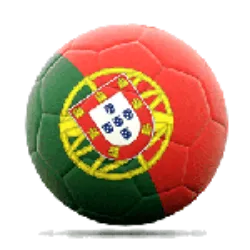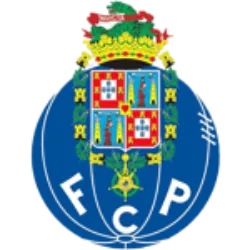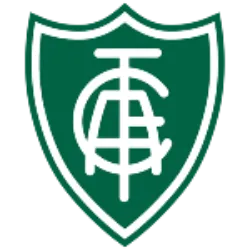What Makes Flamengo vs Palmeiras So Special
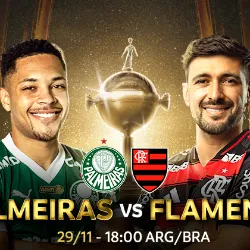
The clash between Flamengo and Palmeiras has become one of the most compelling matchups in recent Libertadores history. Flamengo brings its explosive attack, star-studded squad, and a fan base that treats every decisive match as destiny. Palmeiras counters with tactical discipline, competitive consistency, and the experience earned from deep tournament runs. The final in Lima adds another layer of intrigue. It was there that Flamengo lived one of its most iconic nights, and returning to this stage revives emotions and expectations. For Palmeiras, winning in such a symbolic setting offers the chance to write a new chapter for a club accustomed to big finals. More than just a game, Flamengo vs Palmeiras has come to represent a golden era of the Libertadores: two giants, two contrasting identities, and a trophy that constantly passes through them. Every meeting feels like a portrait of Brazilian football at its highest level.
The First Libertadores in 1960
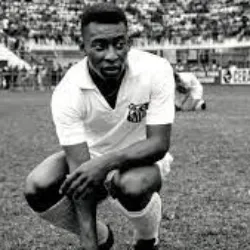
The first edition of the Copa Libertadores, then called the Champions Cup, took place in 1960, with the participation of seven teams that were champions of their countries in 1959. Peñarol from Uruguay won the first game against Jorge Wilstermann from Bolivia 7-1, with the first goal in the history of the competition scored by Carlos Borges. Peñarol ended up winning the title by defeating Olimpia of Paraguay in the final.
The American Champions Cup did not attract much international attention until its third edition, when Santos, led by Pelé and considered by some to be one of the best teams of all time, has gained global recognition.
Test yourself with one of these challenges 👇
Discover some interesting facts about Copa Libertadores
Estudiantes’ Historic Three-Peat
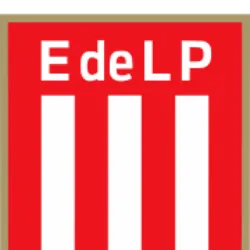
A pivotal moment in the tournament's early history was the debut of Estudiantes, a modest Argentine club known as the Pincharratas. They adopted an unusual playing style, focused on physical preparation and the search for victories at all costs. Under the leadership of coach Osvaldo Zubeldía and with players such as Carlos Bilardo, Oscar Malbernat and Juan Ramón Verón, Estudiantes became the first team to win three consecutive titles in the competition, defeating Palmeiras in 1968 and later successfully defending the title in 1969 and 1970.
After losing the trophy to Santos in 1963
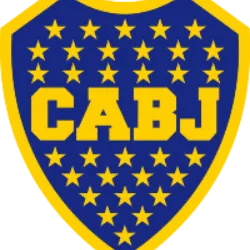
After losing the trophy to Santos in 1963, Boca Juniors finally got their chance at victory in the 1970s. They won the Copa Libertadores title in 1977, defeating Cruzeiro after a penalty shootout. In 1978, Boca beat Deportivo Cali 4-0 in the second leg of the final. However, in 1979, "Tri's" dream was interrupted by Olimpia from Paraguay, who beat Boca in the final and won the title at La Bombonera Stadium.
In 1980
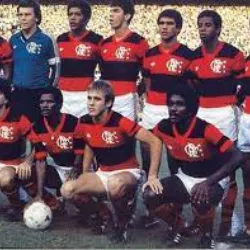
In 1980, Nacional won its second Copa Libertadores by beating Internacional in Brazil. The following year, in 1981, Flamengo of Brazil triumphed with a stellar team led by Zico, Júnior, Leandro, Adílio, Nunes, Tita and Carpegiani, defeating Cobreloa of Chile in the final.
After 16 years, Peñarol recovered the title in 1982 by beating Cobreloa in the final. In 1983, Grêmio de Porto Alegre made history by winning their first title by defeating Peñarol in the final. Independiente ended their impressive run of titles in 1984, winning their seventh and final trophy by defeating Grêmio in the final. Independiente's highlights were Jorge Burruchaga and Ricardo Bochini.
In the 1990s
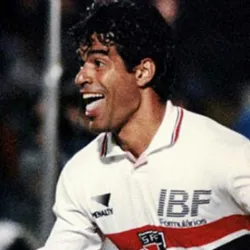
In the 1990s, the Copa Libertadores witnessed the resurgence of some South American clubs. Olimpia, led by Luis Cubilla, regained their glory by winning the tournament in 1990 and reaching the final again in 1991, although they were defeated by Colo-Colo of Chile.
São Paulo emerged as a dominant force, winning the competition in 1992 and 1993, under the leadership of Telê Santana and with a stellar team. Grêmio lifted the trophy in 1995, while River Plate triumphed in 1996.
Brazilian football continued to prevail at the end of the decade, with Cruzeiro, Vasco da Gama and Palmeiras winning the titles in 1997, 1998 and 1999 respectively . Vasco da Gama and Palmeiras also contributed to the rise of coach Luiz Felipe Scolari, who led Grêmio to the title in 1995 before guiding them to another success with Palmeiras in 1999.
In the 2000 Copa Libertadores, Boca Juniors, led by Carlos Bianchi
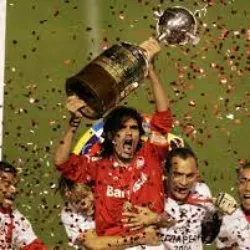
In the 2000 Copa Libertadores, Boca Juniors, led by Carlos Bianchi, won the title after 22 years, defeating Palmeiras. The following year, Boca won the title again by defeating Cruz Azul in the final. However, their quest for the tri was frustrated by Olimpia in the quarter-finals.
In 2003, the competition saw great teams and surprises, with Santos standing out for their offensive football. Boca Juniors beat Santos in the final, winning their fourth title. The following year, however, they were defeated by Once Caldas of Colombia in the final.
São Paulo beat Atlético Paranaense in 2005, becoming the first to win three titles. In 2006, Internacional beat São Paulo in the final, winning their first title. In 2007, Boca Juniors beat Grêmio in the final, winning their sixth title.
Test yourself with one of these challenges 👇
HOME
